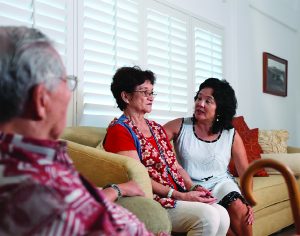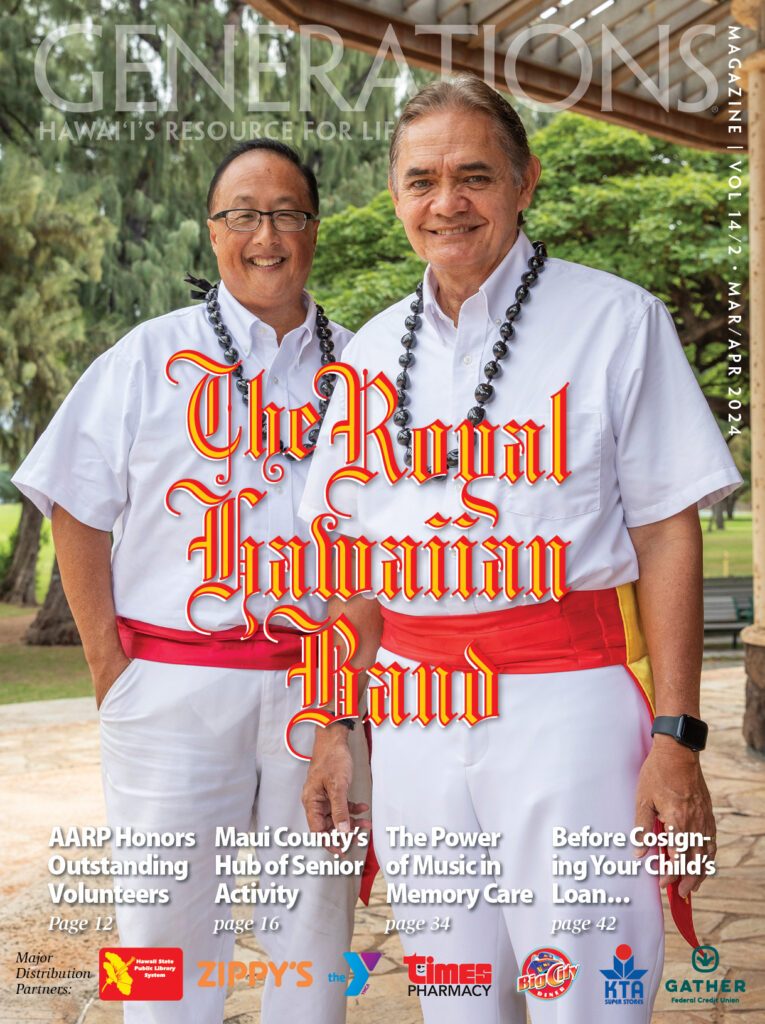At some point we’ve all had times of forgetfulness or misplacing things. Our keys get lost or we draw a blank trying to remember where the car is parked or what we just ate for breakfast. We can usually sort it out and remember things with some time and patience. But when is forgetfulness or memory loss of concern?
Serious memory problems can be disabling and make it hard to accomplish routine tasks without help. This is different from the occasional forgetfulness that comes with aging. Memory loss that disrupts routines and activities of daily living is concerning, and caregivers should know it may signal a change in a person’s condition.
If you are worried about memory loss, that is reason enough to see your doctor. Seeing a primary care physician, or PCP, who already knows you is a good place to start. Signs that it may be time to see a doctor may include:
Trouble speaking, or misusing common words
Confusion about time, people and places
Feeling lost in familiar areas or residence
Not caring for oneself or others as usual
Unexplained changes in behavior and mood
Not realizing unsafe or dangerous situations
Repeating the same questions over and over
Returning common items to unusual places
Trouble following plans or routine tasks
Alzheimer’s disease is the most common cause of dementia and memory loss in older adults. If you are worried that changes in your memory may be related to dementia, you should talk with your doctor about it.
 There are medications that can temporarily ease some of the symptoms of dementia. Caregivers should also know that memory loss doesn’t automatically mean someone has Alzheimer’s or dementia. Other health problems can also affect memory, including stroke and Parkinson’s disease, and many conditions that can affect our ability to be alert and access memory. Caregivers should be observant of changes in memory or memory loss that can come from medication side effects and know how to intervene.
There are medications that can temporarily ease some of the symptoms of dementia. Caregivers should also know that memory loss doesn’t automatically mean someone has Alzheimer’s or dementia. Other health problems can also affect memory, including stroke and Parkinson’s disease, and many conditions that can affect our ability to be alert and access memory. Caregivers should be observant of changes in memory or memory loss that can come from medication side effects and know how to intervene.
Caregivers can also encourage individuals to do things that may help with memory such as:
Doing mentally stimulating puzzles and games
Socializing and connecting with others
Exercising mind and body together
Stopping or limiting alcohol intake
Reducing over the counter medications
Eating a healthy diet and keeping hydrated
Staying organized with a “to-do list”
Sleeping well for better alertness and recall
Doing new fun things and pursuing interests
———————
ATTENTION PLUS CARE HOME HEALTHCARE
Accredited by The Joint Commission
1580 Makaloa St., Ste. 1060, Honolulu HI 96814
808-739-2811 | www.attentionplus.com
AGING IN HAWAII EDUCATIONAL OUTREACH PROGRAM by Attention Plus Care — a program to provide resources for seniors and their families, instructed by a registered nurse, who covers a different aging topic each month. For more information on Transitional Care and free community workshops on Aging in Hawai‘i hosted by Attention Plus Care, call 808-440-9356.

